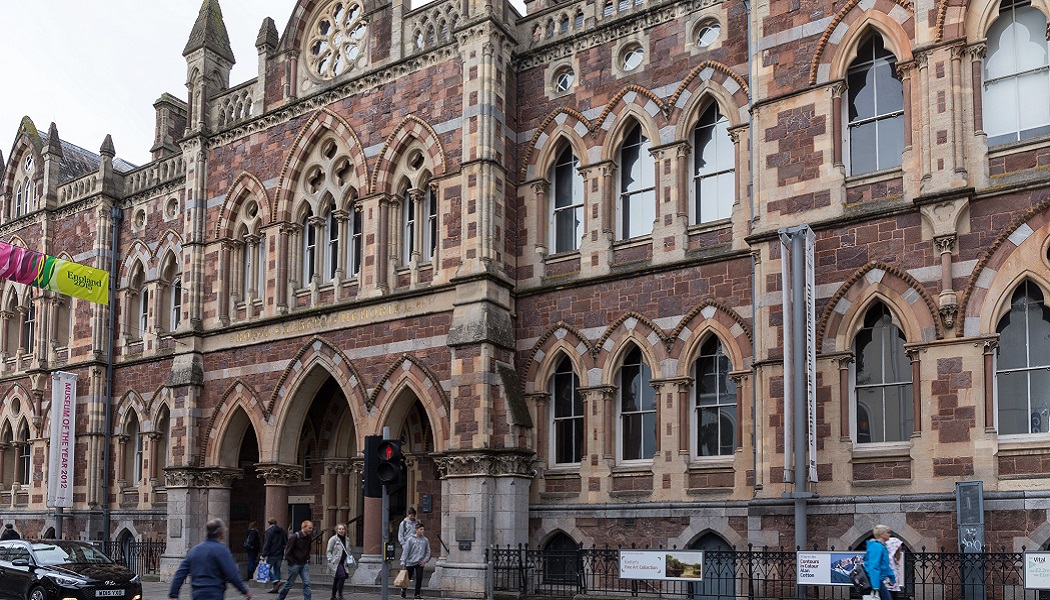Having heard the case of Stephen G Hughes v Exeter City Council, the Upper Tribunal (Lands Chamber) has decreed that business rates for museums should be valued using the Receipts and Expenditure method. This goes against the existing approach which based the fees on the cost of rebuilding any given institution; a mechanism which remains the Valuation Office Agency’s preferred choice.
The court’s findings mean that rates paid by Exeter’s Royal Albert Memorial Museum will no longer be determined by a £24 million programme of essential repairs and refurbishment that started in 2008. Due to this, the Museum’s rateable value had been set at £510,000 since 15th December 2011. This had previously been appealed and revised to £445,000.
In 2017, York Museums and Gallery Trust challenged the mechanism determining its business rates. The Trust claimed the tariff facing its loss-making Yorkshire Museum was not appropriate, an argument that was upheld in court. The Museum’s business rates were slashed to £1. This was appealed by the Valuation Office Agency which led to the case being heard at the Upper Tribunal.
Finding in favour of the precedent set in the York Museums and Gallery Trust case, the Royal Albert Memorial Museum’s rateable value will be reduced to £1, effective from 1 April 2015. The reduction should also be applied to the 2017 Rating List which will result in significant savings for the museum.
“What is interesting about this case compared with the others is that it makes it clear that the choice of valuation method isn’t a matter of legal principle but rather should be based upon fact and evidence,” according to Colin Hunter, director of business rates at Lambert Smith Hampton, the firm who advised Exeter City Council on its case.
“The result is therefore likely to have a significant impact on the way English and Welsh museums are valued in the future, particularly older museums situated within historic buildings which would have substantial rebuild costs,” he asserts.
The Valuation Office Agency now has until 7th February to appeal against the decision.







